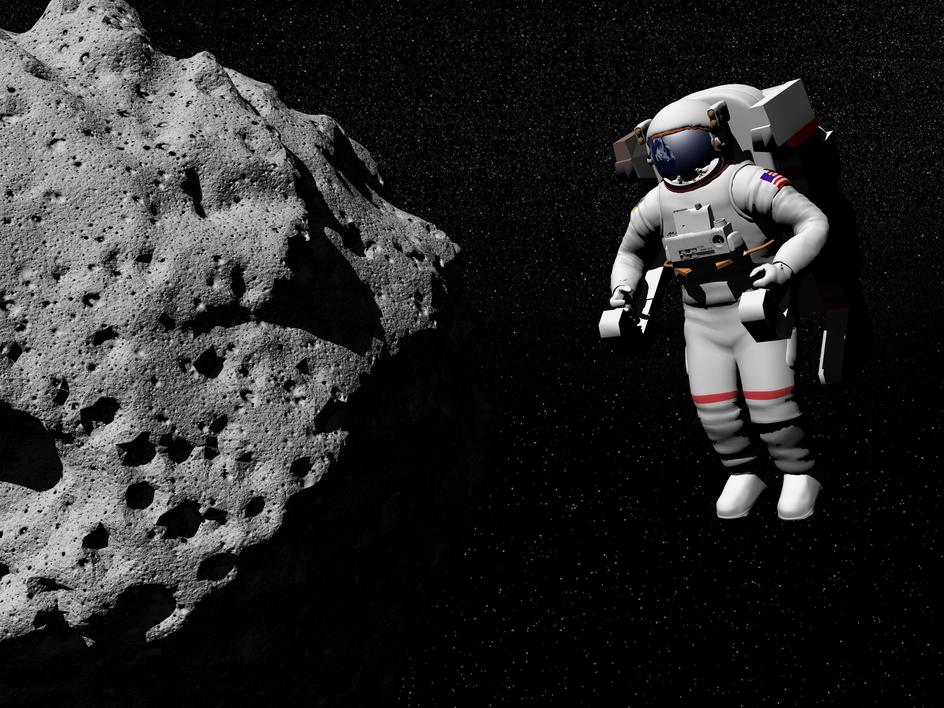A new study from NASA reveals that spaceflight may temporarily alter the immune system of crew members flying long duration missions aboard the International Space Station.
Researchers have a good idea what causes immune system changes on Earth. Science has shown stress, inadequate sleep and improper nutrition are all contributing factors that make us more vulnerable to airborne illnesses and other ailments. But in space, it’s not so simple, as recent studies have uncovered.
The results of two NASA collaborative investigations–Validation of Procedures for Monitoring Crewmember Immune Function (Integrated Immune) and Clinical Nutrition Assessment of ISS Astronauts, SMO-016E (Clinical Nutrition Assessment) was recently published in the Journal of Interferon & Cytokine Research. Results from the study suggest that spaceflight may temporarily alter the immune system of crew members flying long duration missions aboard the International Space Station.
Long-term immune health is a priority for NASA as crews look ahead to long-term missions. Six-month and multiple-year missions will be required to travels to asteroids, the moon and Mars. Something as uncomplicated as a cold or flu bug could wreak havoc on an astronaut’s health while in orbit.
Data generated early in NASA’s Integrated Immune study shows that the distribution of immune cells in the blood of crew members aboard the space station remains relatively unchanged during flight. However, results also revealed that some cell function is significantly lower than normal, or depressed, and some cell activity is heightened. In a sense, the immune systems of crew members are “confused”.
When cell activity is depressed, the immune system is not generating appropriate responses to threats. This may also lead to the asymptomatic viral shedding observed in some crew members, which means latent, or dormant, viruses in the body reawaken, but without symptoms of illness.
When this type of activity heightens, the immune system reacts excessively, resulting in things like increased allergy symptoms and persistent rashes, which have been reported by some crew members.
“Prior to the Integrated Immune study, little immune system in-flight data had been collected,” said Brian Crucian, Ph.D. and NASA biological studies and immunology expert. “Previous post-flight studies were not enough to make any determination about spaceflight’s effect on the immune system. This in-flight data provided the information we needed to determine that immune dysregulation does occur and actually persists during long-duration spaceflight.”
NASA Human Research Program Chief Scientist Mark Shelhamer says continued study of the immune system is critical. “These studies tell us that this is an important issue and that we are measuring the right things,” said Shelhamer. “They also tell us there is no place during spaceflight where we see stabilization of the immune system. This is critical as we pursue longer duration missions and why we are studying this further during the upcoming one-year mission.”

space really is a crazy thing no wonder they sent the monkeys before us!
When I was very very little, two of those monkeys were living at the Huntsville Space & Rocket Center in Alabama. They were tiny things, but awful cute.